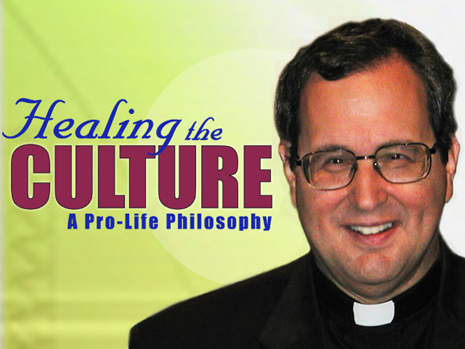Lamech, the first polygamist mentioned in the Bible, makes his appearance in the fourth chapter of Genesis. If you’ve never heard of Lamech, it might be because this part of the Bible is not part of the Church’s cycle of readings. Nonetheless, this chapter of Genesis shows how men gradually forgot God as they developed culture prior to the Flood.
We find Lamech, the sixth-generation descendant of Cain, bragging to his two wives of his own vindictiveness in passage traditionally called the “Song of the Sword”:
“Adah and Zillah, hear my voice;
wives of Lamech, listen to my utterance:
I have killed a man for wounding me,
a young man for bruising me.
If Cain is avenged seven times,
then Lamech seventy-seven times.” Gen 4:23-24
His mention of his ancestor Cain refers to God’s promise to protect the exiled murderer from harm:
“Not so! The Lord said to him. If anyone kills Cain, Cain shall be avenged seven times. So the Lord put a mark on Cain, so that no one would kill him at sight.” Gen. 4:15
It’s not God, however, in whom Lamech trusts for protection from the consequences of his violent vindictiveness, but rather in his own family’s prowess in fashioning weapons. Through his son Tubal-Cain, Lamech is “the ancestor of all who forge instruments of bronze and iron.” Gen. 4:22
“Seven” of course, is a very significant number in the Bible, and means “totality, fullness, and completeness.” References to seven being multiplied by itself or by a multiple of itself signifies “limitless.”[1] The Greek phrase used here in the Septuagint [2], ἑβδομηκοντάκις ἑπτά, sometimes rendered “seventy-seven” and other times “seventy times seven”, is found in only one other place in the Sacred Scriptures. In the eighteenth chapter of the Gospel according to St. Matthew we read:
“Then Peter approaching asked him, “Lord, if my brother sins against me, how often must I forgive him? As many as seven times?” Jesus answered, “I say to you, not seven times but seventy-seven times.” Matthew 18:21-22
While we do not really know if Jesus deliberately chose his words on forgiveness to evoke Lamech’s “seventy-seven times”, the grace He gives to forgive without limits is the only antidote to the primordial and limitless revenge of the Song of the Sword in which we, like Lamech, are prone to pursue.
[1] McKenzie S.J., John L., “Dictionary of the Bible”, McMillan Publishing Co., Inc., New York, 1965, p. 794.
[2] The Septuagint is the earliest Koine Greek translation of books from the Hebrew Bible and was often cited by the inspired authors of the New Testament.



